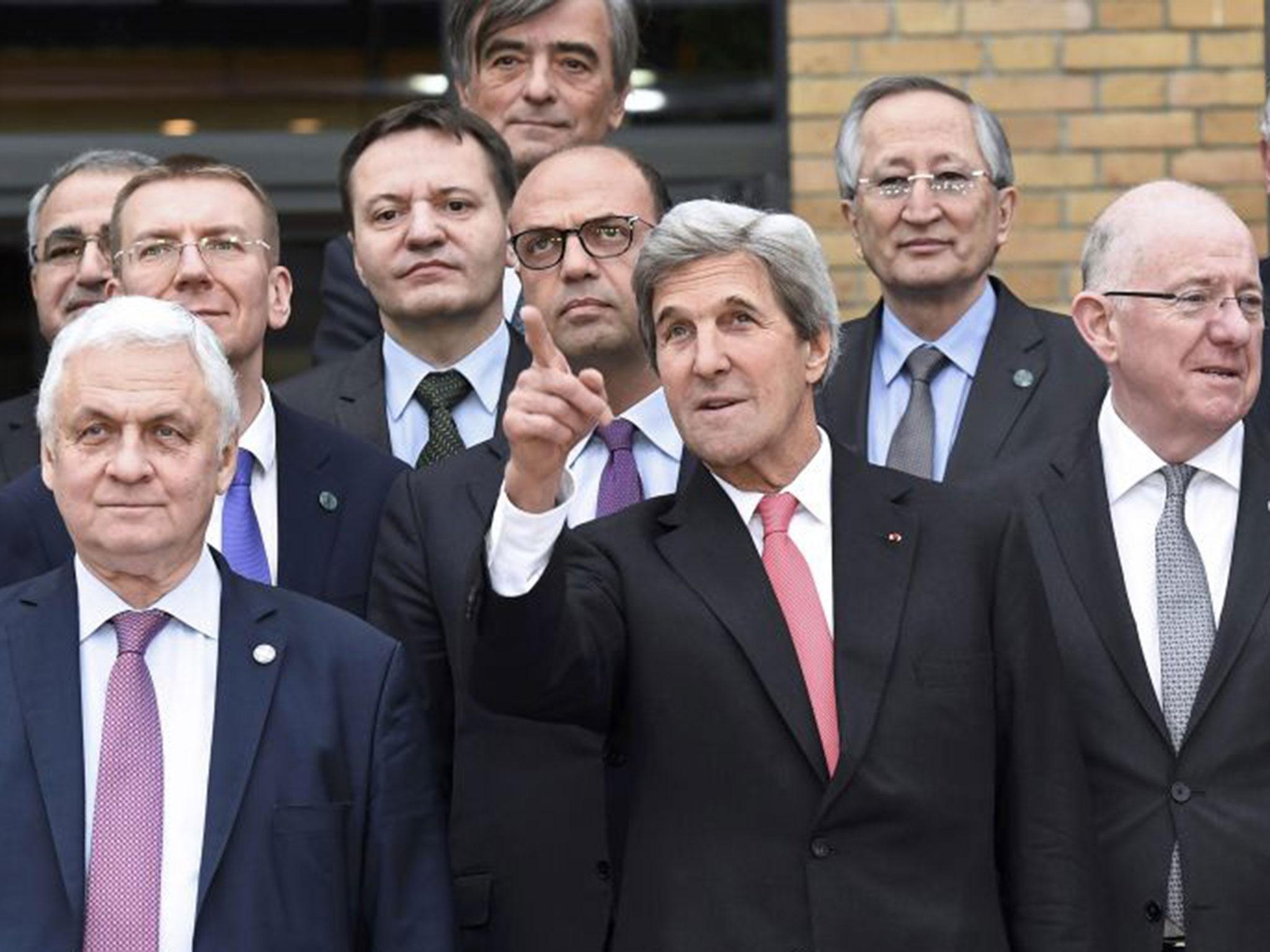Britain refuses to back outcome of Paris peace negotiations on Israeli-Palestinian conflict
There were no Israeli or Palestinian representatives at the conference

Your support helps us to tell the story
From reproductive rights to climate change to Big Tech, The Independent is on the ground when the story is developing. Whether it's investigating the financials of Elon Musk's pro-Trump PAC or producing our latest documentary, 'The A Word', which shines a light on the American women fighting for reproductive rights, we know how important it is to parse out the facts from the messaging.
At such a critical moment in US history, we need reporters on the ground. Your donation allows us to keep sending journalists to speak to both sides of the story.
The Independent is trusted by Americans across the entire political spectrum. And unlike many other quality news outlets, we choose not to lock Americans out of our reporting and analysis with paywalls. We believe quality journalism should be available to everyone, paid for by those who can afford it.
Your support makes all the difference.British diplomats have expressed reservations about the outcome of a Middle East peace conference in Paris, saying it risked "hardening positions".
While the French-led conference involved some 70 countries, it did not involve any Israeli or Palestinian representatives.
The closing declaration at the conference in Paris urged both sides to "officially restate their commitment to the two-state solution".
It also warned them against taking one-sided actions that could hurt talks, in an apparent reference to Israeli settlement building.
But Britain, which attended as an observer, did not back the final communique.
A Foreign Office statement said: "We have particular reservations about an international conference intended to advance peace between the parties that does not involve them - indeed which is taking place against the wishes of the Israelis - and which is taking place just days before the transition to a new American President when the US will be the ultimate guarantor of any agreement.
"There are risks therefore that this conference hardens positions at a time when we need to be encouraging the conditions for peace."
Meanwhile, Israeli prime minister Benjamin Netanyahu derided the talks as “useless”.
Speaking to his cabinet about the conference, he said: "Its goal is to try and force terms on Israel that conflict with our national needs. Of course it pushes peace further away because it hardens the Palestinian positions and it also pushes them away from direct negotiations without preconditions.”
Apparently referencing the imminent inauguration of President-elect Donald Trump, Mr Netanyahu continued: "This conference is among the last twitches of yesterday's world. Tomorrow's world will be different -- and it is very near."
The international community has long favoured a two state solution for the decades old conflict, but many critics say this is now unworkable.
Outgoing Secretary of State John Kerry, who has been increasingly critical of Mr Netanyahu, represented the US at the talks and defended the effort, rejecting Israeli criticism of the conference.
Mr Kerry said the concept of a two-state solution to the conflict is "threatened" and must be reinforced if it is ever to happen. The conference’s communique, he said, endorses that without imposing a resolution.
He also warned that it's too early to move the U.S. Embassy in Israel from Tel Aviv to contested Jerusalem, as proposed by U.S. President-elect Donald Trump. "This is not the right time," he said. "We think it's ill-advised."
No one from Mr Trump's administration took part in the meeting.
Additional reporting by agencies.
Join our commenting forum
Join thought-provoking conversations, follow other Independent readers and see their replies
Comments